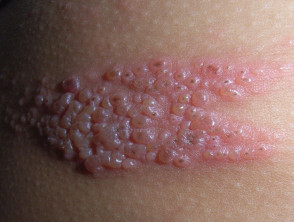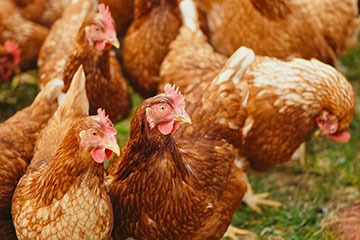Diseases from Cats
Although cats can carry diseases and pass them to people, you are not likely to get sick from touching or owning a cat. By following simple health tips, you can be even safe-against cat-related diseases.
Some cat-related diseases that make people sick are common, such as cat scratch disease (or cat scratch fever), and others such as plague (play-g), are rare. Toxoplasmosis (TOX-o-plaz-MO-sis) is a disease that can come from cats, but people are more likely to get it from eating raw meat or from gardening. Cats can also carry rabies, a deadly viral disease.
Some people are more likely than others to get diseases from cats. A person's age and health status may affect his or her immune system, increasing the chances of getting sick. People who are more likely to get diseases from cats include infants, children younger than 5 years old, organ transplant patients, people with HIV/AIDS, and people being treated for cancer. Special advice is available for people who are at greater risk than others of getting diseases from animals.
To protect yourself from cat-related diseases,
- Wash your hands thoroughly with soap and running water after touching cat feces (stool)
- Avoid cat scratches and bites
- If you are scratched or bitten by a cat, wash the area with soap and running water right away
- Vaccinate your cat against rabies.
Many organizations support the health benefits of pets. These groups provide information on the healthy benefits of animal companionship for people.
Learn more about selected cat-related diseases below.
Campylobacter Infection (campylobacteriosis): A bacterial disease associated with cats, dogs, and farm animals.Cat Scratch Disease (Bartonella henselae): A bacterial disease associated with cat scratches and bites.
Coxiella burnetti Infection (Q fever): A bacterial disease occasionally associated with cats.
Cryptosporidium Infection (cryptosporidiosis): A parasitic disease associated with cats, dogs, and farm animals.
Dipylidium Infection (tapeworm): A parasitic disease associated with cats, dogs and fleas.
Hookworm Infection: A parasitic disease associated with cats, dogs and their environment.
Leptospira Infection (leptospirosis): A bacterial disease associated wild and domestic animals including cats.
Plague (Yersinia pestis) Infection: A rare bacterial disease associated with rodents and cats and fleas.
Q Fever (Coxiella burnetii): A bacterial disease occasionally associated with cats.
Rabies: A viral disease associated with various animals, including cats.
Ringworm: A fungal disease associated various animals, including with cats.
Roundworm: See Toxocara Infection.
Salmonella Infection (salmonellosis): A bacterial disease associated with various animals, including cats.
Tapeworm (flea tapeworm): See Dipylidium Infection.
Toxocara Infection (toxocariasis, roundworm): A parasitic disease associated with cats, dogs and their environment.
Toxoplasma Infection (toxoplasmosis): A parasitic disease associated with cats and their environment.
Source
Centers for Disease Control and Prevention
More Information:
-
Importation of Pets and Other Animals Into the United States
-
Pet Travel
-
Pets Travel Container
-
Diseases from Dogs
-
Diseases from Cats
-
Choosing a Pocket Pet
-
Lymphocytic Choriomeningitis Virus from Pet Rodents
-
Pregnant Woman and Toxoplasmosis
-
You Can Prevent Toxoplasmosis (Toxo)
-
HIV. Preventing Infections from Pets
-
You can Prevent Cryptosporidiosis






